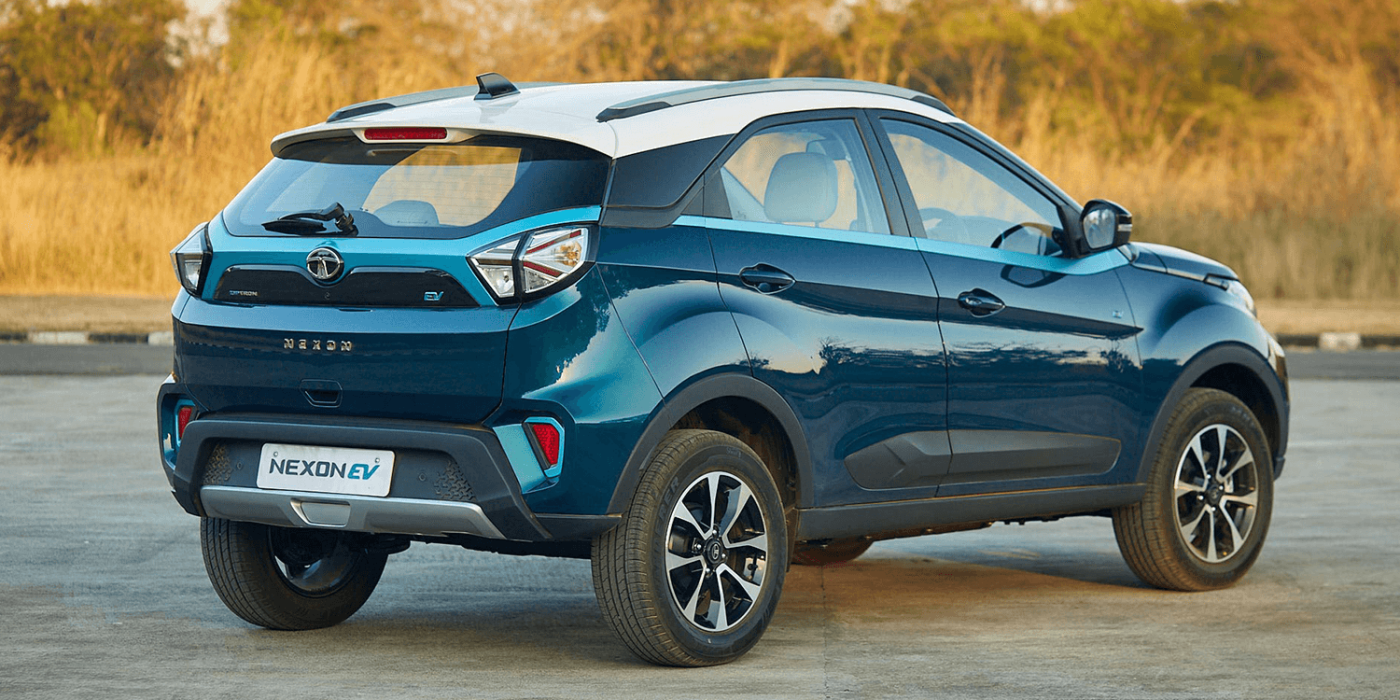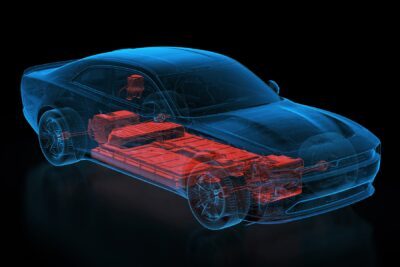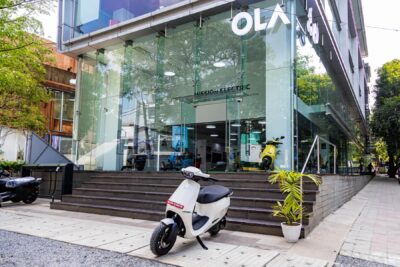India plans measures to attract global EV investment
India is making plans to offer incentives for EV manufacturers as part of a broad auto sector scheme. The plan is to attract $14 billion of investment over five years, according to industry sources and a document seen by Reuters.
Industry sources close to the matter told Reuters that the planned scheme to boost the electric automotive sector will require $8 billion of incentives for carmakers and suppliers over a five-year period to drive large investment in the sector.
In a draft policy, plans are laid for companies to receive 4-7% government cashbacks on the sale and export value of vehicles and components, whereby electric vehicles and their components will be given an extra 2% as a “growth incentive”. The document seen by Reuters states that automotive component manufacturers in India should be ready to change their product offerings to better cater for electric vehicles.
The new automotive incentive scheme is part of a larger programme with $27 billion to attract manufacturers since India wants to capture a larger share of the global supply chain and exports.
While Indonesia, Thailand and Vietnam have all structured policies to attract international investment in electric vehicle manufacturing, uptake and supply, India is still beleaguered by steep interest rates and power tariffs, poor infrastructure and high logistics costs. “The (new) scheme proposes financial incentives to help overcome these disabilities and make India more competitive,” the draft policy document states, according to Reuters. The government is expecting the scheme to bring in investments of $14 billion and bring in $4 billion in total tax revenue over five years.
For automotive players wanting to make use of the proposed scheme, they must have a minimum global revenue of $1.4 billion while suppliers must prove revenue of $69 million. In addition, the companies must show 8% growth each year to qualify.
Despite the above-mentioned hurdles for companies in electric transport industries in India, at least two large companies seemed to have pressed forward. Tesla plans to start operations in India in early 2021, as Nitin Gadkari, the Minister for Road Transport and Highways, confirmed to The Indian Express. Tesla will initially start selling imported vehicles and is apparently also considering production in India, depending on demand. Deliveries are not expected to begin until the second half of 2021. Tesla CEO Elon Musk also confirmed this in October last year, when asked about the American EV manufacturers progress to launching in India.
In February this year, an Indian regional government claimed that Tesla will indeed build a plant on the subcontinent. As yet, there is no firm timetable yet for the start of local manufacturing. “The US company Tesla will open a production facility for electric cars in Karnataka,” the southern Indian state’s government said in a short statement seen by Reuters.
The most used vehicles in India, however, are two and three-wheelers. Here, German automotive supplier Mahle, based in Stuttgart, quietly moved towards the end of 2019, when the German company announced its entry into the promising market for electric two and three-wheelers. Mahle increased its stake in the former joint venture Mahle Letrika Roots India from 50 to 90 per cent. Although not as famous to the general public as the carmaking giants such as Volkswagen or Daimler, Mahle products are in at least every second vehicle worldwide. However, since the announcement in 2019, Mahle has not released any further information on the company’s progress in the world’s second most populated country.
It remains to be seen whether the new policy will be approved and then if this will in fact attract the global attention hoped for. The final details of the scheme should be revealed within a month, but the Reuters sources said that companies will be able to apply for incentives from 1 April.





0 Comments